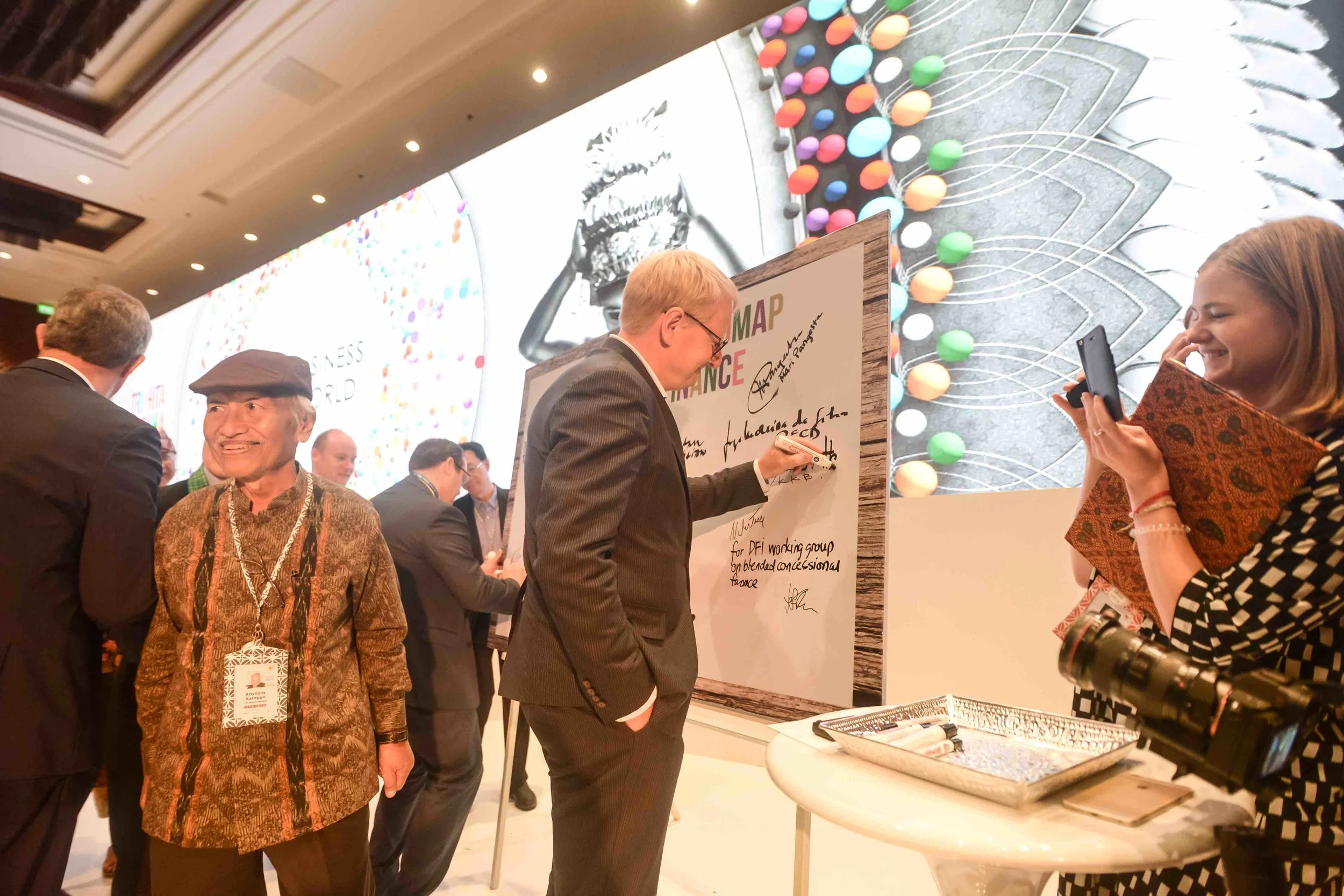The Blended Finance Taskforce was one of the original signatories of the THK Roadmap for Blended Finance - a shared value system to deliver the necessary financing and development impact needed to support the fulfilment of the SDGs.
Anchor blended finance into the Sustainable Development Goals (SDGs). Blended finance activities should support developing countries in achieving inclusive, social, economic and environmentally sustainable development that benefits women and girls equally. Blended finance should aim to go beyond what is available, or which is otherwise absent from the market, and should not crowd out commercial finance.
Commit to using blended finance to mobilise commercial finance. Blended finance should operate as a channel for commercial capital to address sustainable development. In doing so, blended finance operations should aim at scalability and leverage based on context and conditions. Blended finance should assume a pathfinder role of bringing in commercial capital into sectors and jurisdictions where financing needs are the greatest, such as in LDCs and women’s finance, while balancing risks and rewards with minimum levels of concessionality.
Design blended finance to move towards commercial sustainability. Blended finance transactions should have a clear strategy for their duration and exit, in particular if concessional finance is involved. That is, the level of concessionality extended to subsequent projects should not only aim at mobilising additional finance, but also be reduced demonstrably over time. This includes that blended finance stakeholders should seek to actively locate pathways for financing private sector investments through market-clearing financing solutions. When blending with concessional finance, the DFI Working Group Enhanced Principles on Blended Concessional Finance for Private Sector Projects (DFI Enhanced Principles) should be respected. Suppliers of blended finance resources that can be utilised in a concessional manner can play a significant role in scaling up the effectiveness and efficiency of the blended finance market by actors respecting these DFI Enhanced Principles in all structures and initiatives to be funded with their concessional resources.
Structure blended finance to build inclusive markets. Blended finance should help to accelerate inclusive sustainable market development, including the local financial market. Local engagement and ownership should be pursued. At the same time, blended finance should be accompanied by efforts to promote a sound enabling environment and investment climate. In addition, availability of information relevant for market making should be coordinated among policy makers, development finance providers, commercial investors and investees to leverage experience and track record. Ultimately, in each market, clarifying, sharing and addressing the root causes for requiring blended financing should be prioritised.
Promote transparency when engaging in blended finance. Accountability and transparency on the appropriate use and impact of blended finance should be pursued. Financial flows and development results should be tracked, reported and communicated. Thereby, blended finance should seek to promote adherence to high standards of conduct by private sector investors and investee companies, including in the areas of corporate governance, environmental impact, social inclusion, transparency, integrity, and disclosure.

